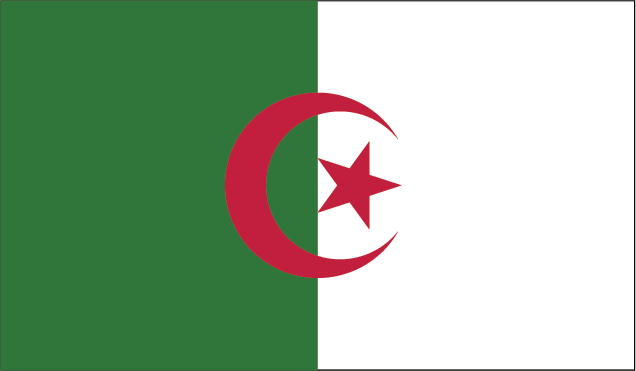OVERVIEW
ROLES AT IMM
2019
IMM International Faculty
Quantitative Theory of ODEs
Course
Pakistan
Fall
How would you define your field of study? What is your vision about it? Which are the topics you’re most passionate about?
My mathematical interests have cut across a broad range of pure and applied mathematics, including singularity theory, bifurcation theory, dynamical systems, control theory, geometric mechanics, symplectic geometry and, most recently, population genetics. Almost all my research has been collaborative and I have co-authored papers with more than 40 other mathematicians, physicists, engineers and biologists. I believe strongly that there are enormous opportunities for mathematicians to impact on other sciences, and for new ‘pure’ mathematics to develop out of such interactions.
CURRICULUM
from 2019 to Present
IMM International Faculty, International Mathematics Master (IMM) Pakistan
International
from 2017 to Present
Emeritus Professor, University of Surrey
UK
How was your experience in IMM? Why did you accept to teach for this project?
My experience of working with students at the African Institute for Mathematical Sciences (AIMS) in Tanzania was extremely rewarding and so I jumped at the opportunity to participate in the similar CUI-ICTP International Mathematics Masters in Lahore. I wasn’t disappointed! The enthusiasm of the students is wonderful, and I believe there is a huge potential for them to make a real impact in Pakistan and beyond. I look forward to continuing to work with the project, and to learning more about Pakistan and its people.
What is your teaching philosophy? What would you like to transmit to your students? How do you motivate them?
To become a mathematician one must do mathematics, not just watch or listen to other people doing it. This includes working out for oneself how to do mathematics! Established mathematicians can provide inspiration and mentorship, but deep understanding must come from within, and requires hard work.
Do you have one of two favorite quotes you would like to share and/or a personal “motto”?
“Genius is one percent inspiration, ninety-nine percent perspiration.” (Thomas Edison, 1932)
“Luck is the crossroads where opportunity and preparation meet.” (Seneca,1st Century AD)



